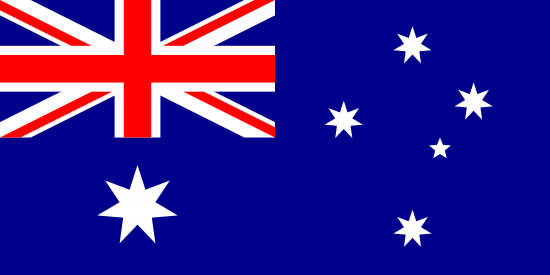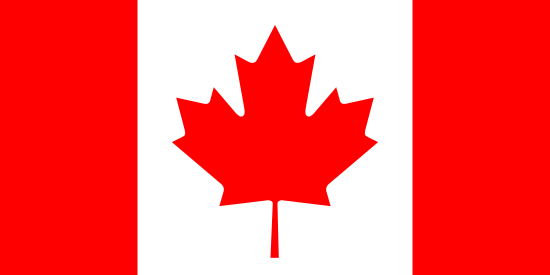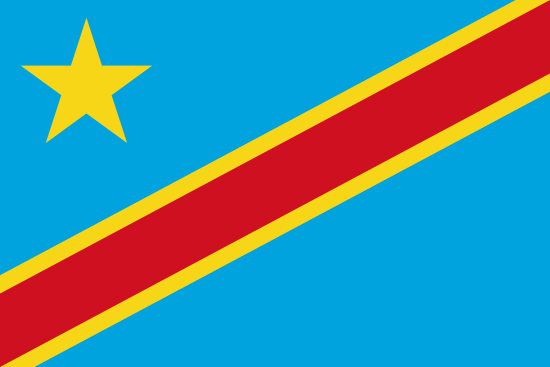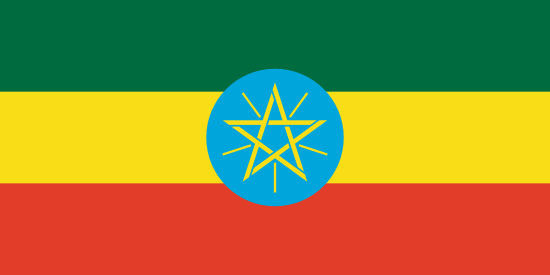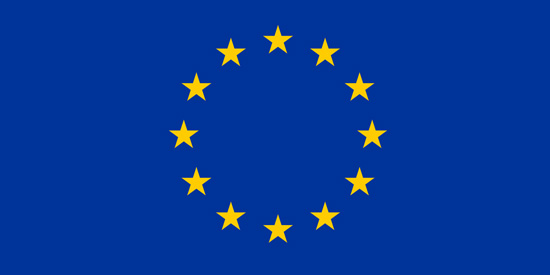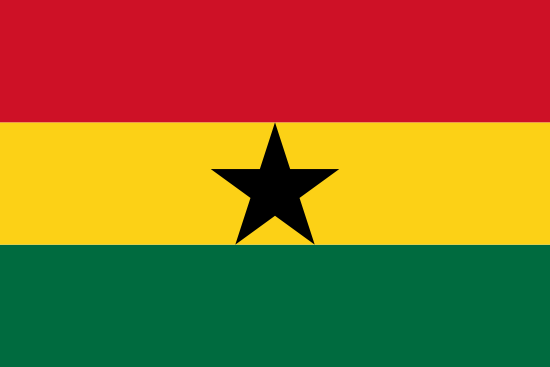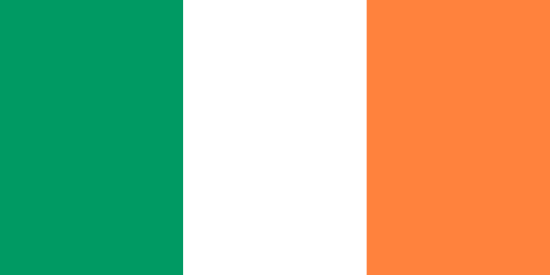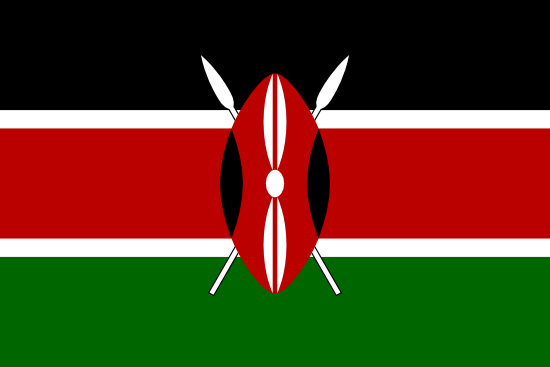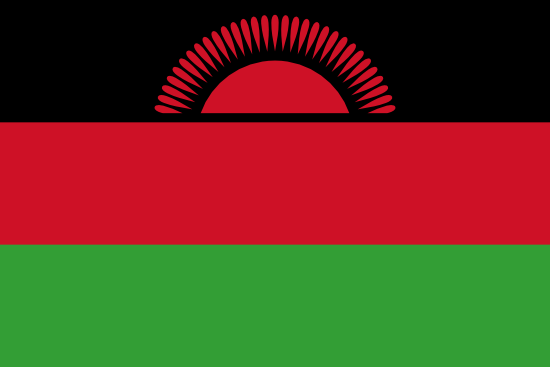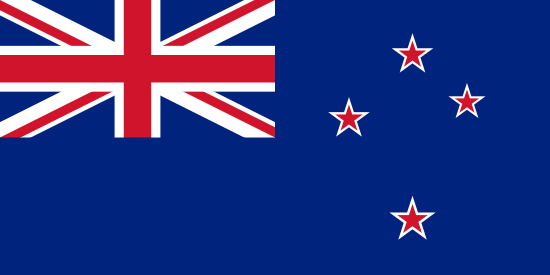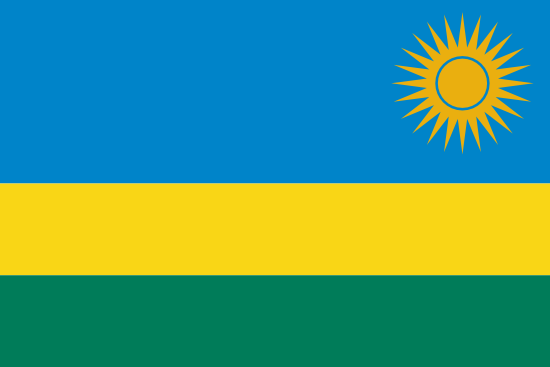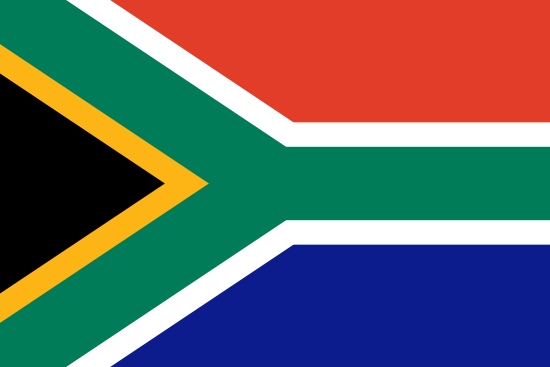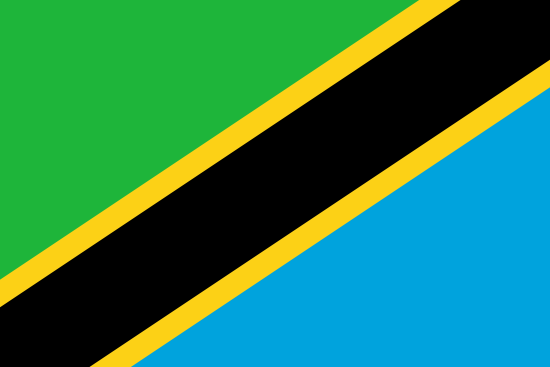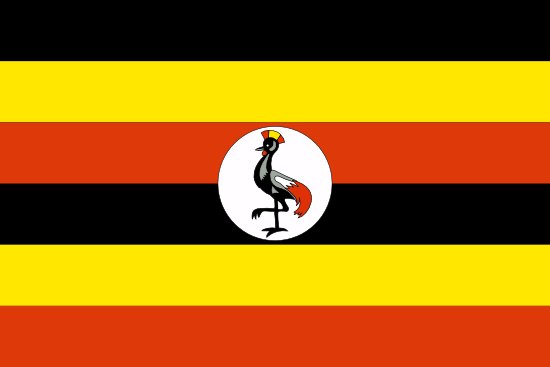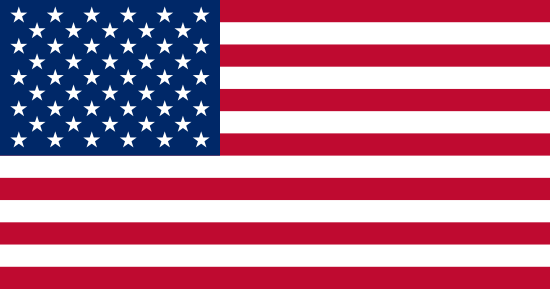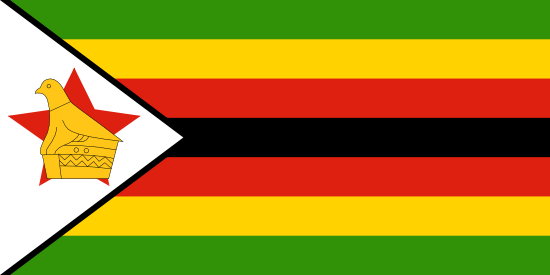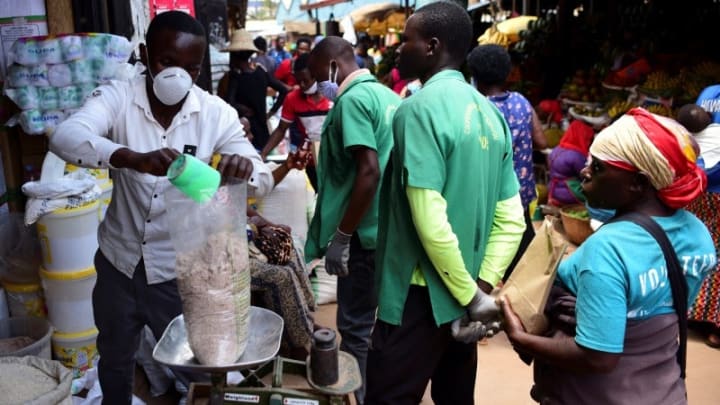Rwanda: Shadows, Past and Future.
As of the 1st of April 2020, Rwanda has 70 confirmed cases of COVID-19. The number of these cases would be likely to increase exponentially, as has occurred in so many countries across the globe. While the health systems and economies of 1st world countries are struggling to cope with the COVID-19 crisis, a low income country like Rwanda is far more vulnerable.
Despite its continued status as a low income country, Rwanda has achieved remarkable progress. From dire economic circumstances in the early 1990s, followed by the devastation of the 1994 genocide, Rwanda has made huge strides in terms of its development. One measure that demonstrates this, is a massive improvement in average life expectancy. In 1990, a person born in Rwanda could expect to live an average of 33 years, whereas a person born in Rwanda today could expect to live, on average, for 69 years (UNDP). These phenomenal improvements in Rwanda’s health system have been based on the efficient use of very limited resources. The government, in partnership with foreign donors, has focused on fixing the broken primary healthcare system, with impressive results. (Primary healthcare focuses on basic measures, such as child nutrition and immunisations.)
However, Rwanda’s capacity to absorb a shock like that caused by COVID-19, is very limited. There are a total of 39 adult ICU beds in Rwanda, for a population of nearly 13 million people. By way of comparison, Australia currently has over 2200 ICU beds, and the means to upscale these beds if required. In addition, Rwanda has a much higher burden of other diseases, like HIV, that could influence the severity of its coronavirus pandemic. In the face of a looming public health disaster, Rwanda’s government has had no choice but to act early and impose a nation-wide lockdown, for an initial period of two weeks.
Sadly, for many in Rwanda, having to stay home means that their families’ basic needs will be not be met. Without daily work, there is no money for food, let alone luxuries like soap or hand sanitiser. In response to this, AEE Rwanda has identified 500 of the most vulnerable families in the Gasabo region, who desperately need support in terms of food and hygiene products during this time. AEE Rwanda appreciates your ongoing prayers and support, as we look to our Good Shepherd to “lead us THROUGH the valley of the shadow of death” and into hope again.
